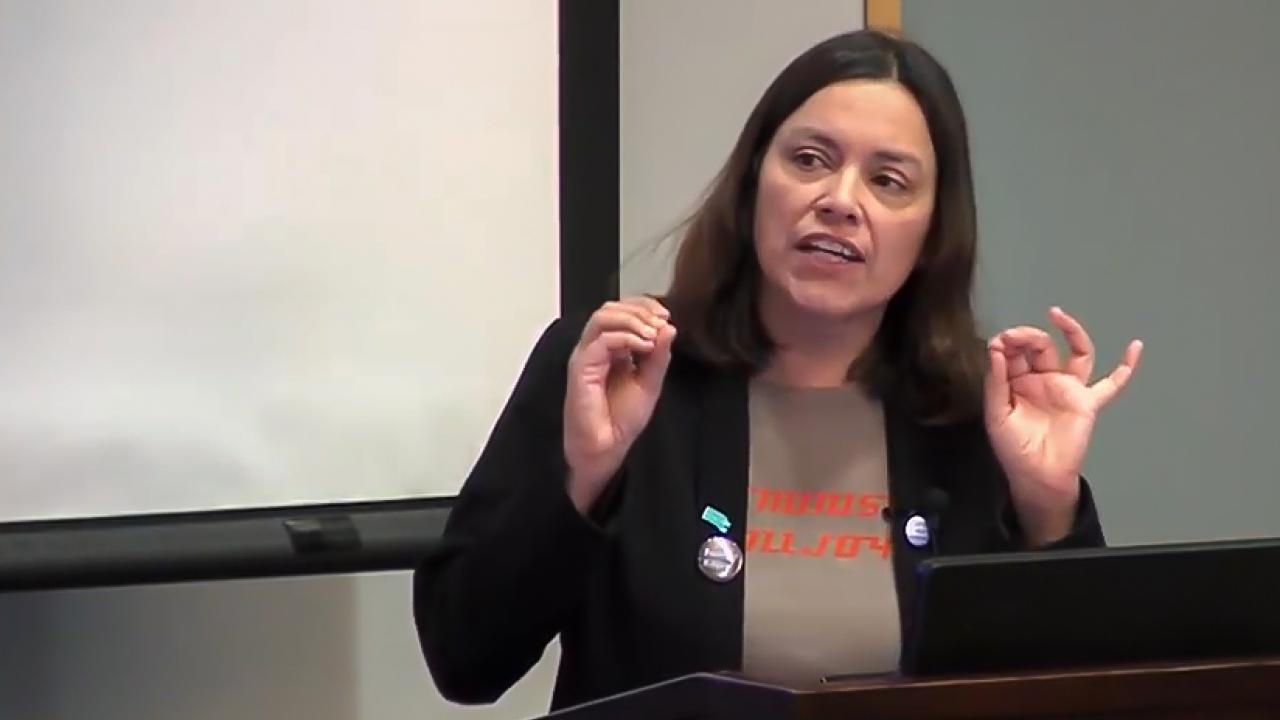
II. Changing Crimes
After assassinations, war, and rebellion, new voices are heard and the private-eye novel begins to evolve into something bigger, darker, more violent, and more ambitious – the modern thriller -- as trailblazers like Lawrence Sanders, Elmore Leonard, Tom Clancy, Sue G
